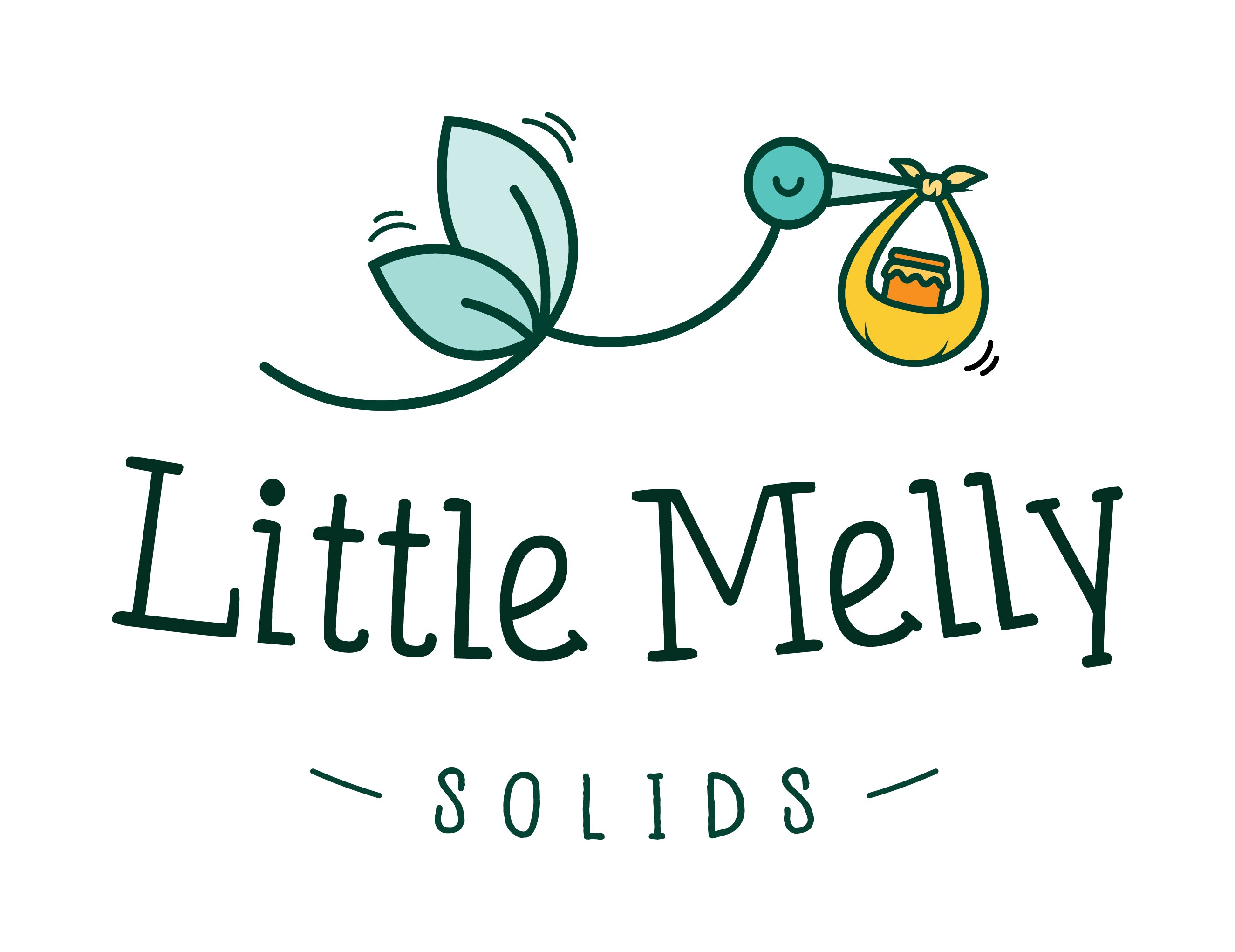As we approach the feeding milestone for our baby, there are a lot of questions we as parents usually asks, and rightly so… because there’s so much information to grasp! To add to all that confusion, every individual will have their own opinions, predispositions, and judgements about every aspect of baby feeding. Even different doctors and nutritionists will have varying opinions, and that’s natural. It is, in the end, an art - the same way cooking is an art. Some parents will choose to start with lunch while others will choose to start with breakfast. You’ll see some parents who decide to introduce veggies before introducing fruits, and you’ll also have parents who prefer a pureed approach over a baby-led weaning approach. What do we always say? It’s up to the parent to gather all the different information out there and follow what convinces them and what works for their specific situation. Every home is different, and there is no one size fits all.
Nonetheless, feeding your baby is also a science. There are certain facts that we cannot hide from and need to follow, even though our own parents may not have followed those recommendations with us. Two of these points are refraining from adding salt to food for babies under one year old, and refraining from sweets (added sugars) for at least two years (read about added sugars for your baby here). This comes as a huge surprise to several individuals, and it can sometimes cause a great dispute! Equipping yourself with the right information will help you face such difficulties and diplomatically explain why you approach your baby’s food the way you do.
First stop: What is salt?
Salt is a mineral constituted of compound called sodium chloride. Salt is found naturally in the form of rock salt and is also found in seawater. Sodium is essential in our lives; it helps balance the fluids in our bodies. That said, sodium is beneficial within limits to human beings. For each age group, daily limits and recommendations have been set because consuming anything above that amount can affect our kidney’s ability to regulate the presence of sodium in our bodies.
What are sodium limits for babies?
The United States Department of Agriculture (USDA) has placed adequate intake levels of sodium for babies between 0-6 months and babies 7-12 months of age. The adequate intake (AI) level is an intake goal set for healthy individuals that have good nutritional health.
Babies 0-6 months: 0.1g/day = 100mg / day
Babies 7-12 months: 0.4g/day = 400mg/day
Toddlers 1-3 years: 0.8g/day = 800mg/day
*Source: (April 2019, USDA). Infant Nutrition and Feeding. Page 17
But… is sodium found in foods?
Yes! Sodium is naturally found in so much of the food we eat and even the milk your baby is drinking! There are 17mg of sodium in every 100ml of breastmilk. Sodium is also found in vegetables such as carrots, beetroot, celery, Swiss chard, spinach.
So, can I add salt to my baby’s food?
Your baby reaches their target for sodium intake per day by just eating vegetables and protein in a balanced manner. Adding as little as 1 gram of salt to your baby’s food can harm their kidneys, because 1 gram of salt contains around 400grams of sodium. That’s 1,000 times more than they can handle!
Even as a toddler between 1 and 3 years of age, your baby can reach the maximum sodium levels just through food intake. We like to advise to cook without salt for as long as your baby accepts the food that way, even after one year of age. If we don’t get them accustomed to it, they won’t ask for it!
What are the side effects of adding salt to my baby’s food?
Exceeding the recommended sodium limits for babies can affect them in several ways: Firstly, it can damage their still-developing kidneys that are not able to fully regulate sodium levels in the body yet. Secondly, excessive sodium can affect the body’s blood pressure (at present and in the future). Finally, adding salt to all meals will get your baby used to salty tastes and develop a poor habit for it in the future.



